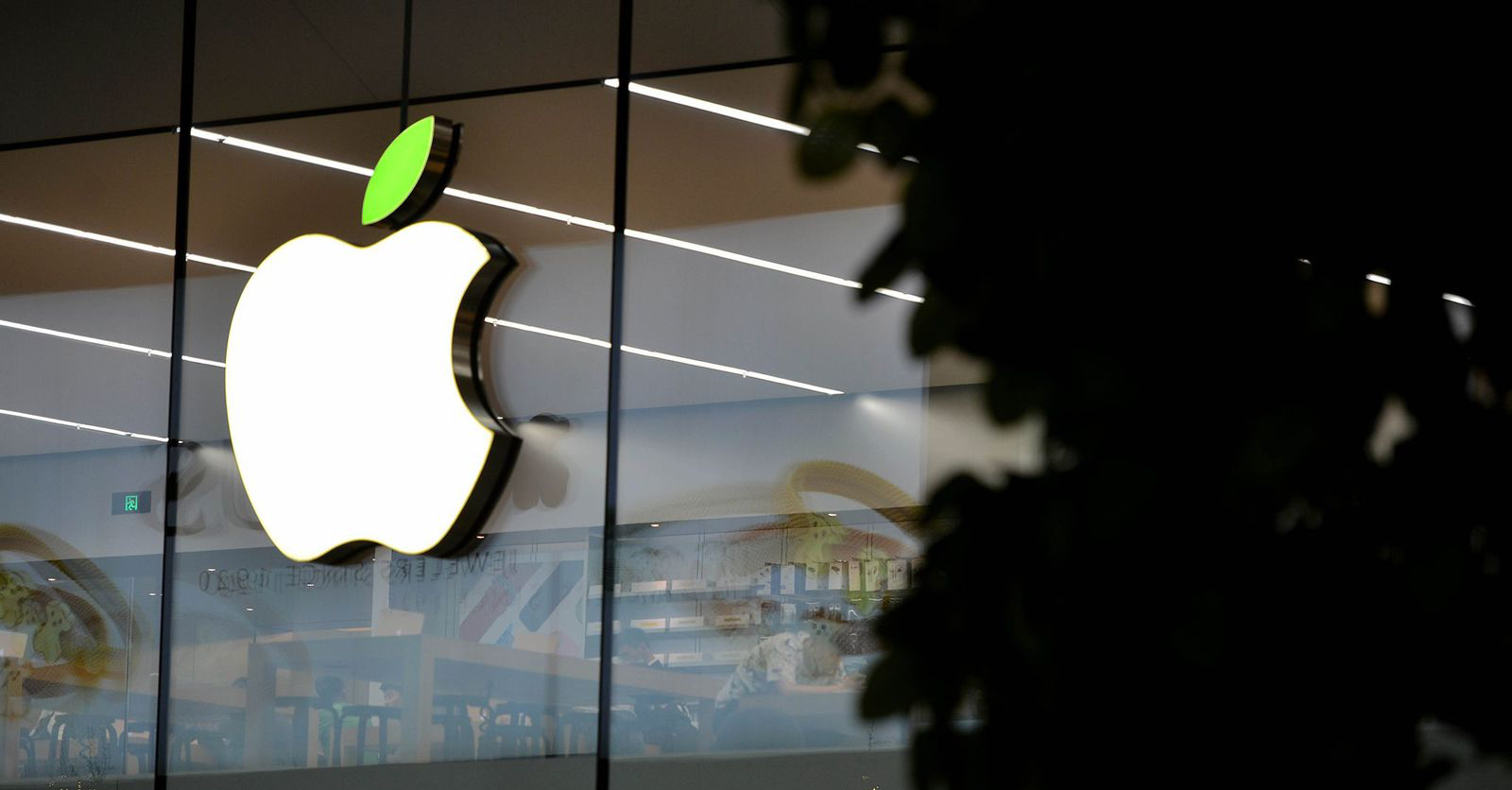Lawsuits are filed against Apple for many different reasons. Some are quite curious, but others are often based on truth. In particular, these include accusations that Apple is trying to establish its own monopoly and often manipulates the prices of (not only) apps. The lawsuit filed last week against Apple developers in this direction is certainly not the only one or the first in history.
1000's of songs in your pocket - only if they're from iTunes
When Apple co-founder Steve Jobs introduced the first iPod, he convinced record companies to accept fixed price options—at the time, 79 cents, 99 cents, and $1,29 per song. Apple also initially made sure that music on the iPod could only be played if it came from the iTunes Store or from a legally sold CD. Users who acquired their music collection in other ways were simply out of luck.
When Real Networks figured out how to get music from its Real Music Shop onto the iPod in the late 1990s, Apple immediately released a software update that put Real Networks over the line. This was followed by a years-long legal dispute, in which it was resolved that users who downloaded music from Real Music - albeit legally obtained - to their iPods, lost it because of Apple.
Book conspiracy
A few years ago, for example, Apple was accused of unfair treatment of prices for electronic books in the environment of the then iBookstore. Apple acted as a distributor, providing the authors' books on its platform and taking a 30% commission on sales. In 2016, Apple was fined $450 million by a court for fixing prices in the iBookstore.
At the time, the court recognized as fact what at first seemed like a conspiracy theory - based on a secret agreement with publishers, the typical price of an e-book rose from the original $9,99 to $14,99. The price increase came despite Steve Jobs' original claim that book prices would remain the same as when the iPad was released.
Eddy Cue was proven to have held a series of secret meetings with several New York publishers in which a mutual agreement was reached regarding the increase in book prices. In the whole case there was no lack of denial or even frantic deletion of the e-mails in question.
And the apps again
Accusations of manipulating app prices or favoring Apple's own software are already a tradition in a way. From recent times we can know, for example, the well-known dispute Spotify vs. Apple Music, which ultimately resulted in a complaint filed with the European Commission.
Last week, the creators of the sports app Pure Sweat Basketball and the app for new parents Lil' Baby Names turned to Apple. They filed a lawsuit in California state court accusing Apple of taking "total control over the App Store" as well as price manipulation, which Apple is trying to eliminate from competition.
Developers are concerned about the extent to which Apple controls App Store content. The distribution of applications takes place entirely under the direction of Apple, which charges a 30% commission on sales. This is a thorn in the side of many creators. Also a bone of contention (sic!) is the fact that it doesn't allow developers to drop the price of their apps below 99 cents.
If you don't like it, go to … Google
Apple understandably defends itself against accusations of seeking a monopoly and total control of the App Store and claims that it has always preferred competition. He responded to Spotify's complaint by alleging that the company would prefer to enjoy all the benefits of the App Store without having to cost it anything, and advises disgruntled developers to work with Google if they are bothered by App Store practices.
He resolutely refuses to enter into the question of prices: “Developers set the prices they want, and Apple has no role in that. The vast majority of apps in the App Store are free, and Apple has nothing to do with them. Developers have several platforms available to distribute their software,” Apple said in its defense.
What do you think about Apple's practices? Are they really trying to hold a monopoly?

Sources: TheVerge, Cult of Mac, Business Insider
“The vast majority of apps in the App Store are free and Apple has nothing to do with them. Developers have several platforms available to distribute their software"
… which ones? AppStore and ….?